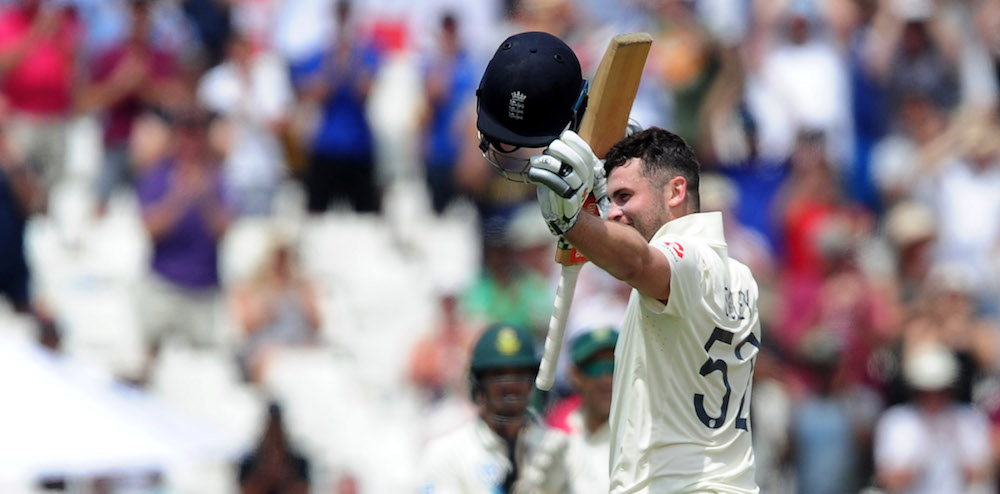Here are three lessons the Proteas can learn from World Champions, England.
Refusal to be over-awed
Despite suffering three losses in the round-robin phase of the World Cup, England rose to the occasion when it mattered most: the knock-out phase. Playing Australia in the semi-finals, England refused to be over-awed by the magnitude of the day. Three strikes in the first seven overs at the cost of just 14 runs allowed the hosts to stamp their authority on the contest en route to an 8-wicket triumph and a World Cup final appearance.
When their run-chase against the Kiwis threatened to go awry at 86-4, Ben Stokes and Jos Buttler amassed a vital 110 runs for the fifth wicket which sparked a spirited England revival.
Death-bowling
Jofra Archer and Chris Woakes were sublime during the final five overs of the Black Caps’ innings. Archer in particular used changes of pace to great effect, bowling balls in the low-to-mid 120s before sending down scorching deliveries in excess of 140 km/h to which the New Zealanders had little answer.
Woakes meanwhile bowled slower balls at opportune times in his second spell to starve the New Zealanders of precious runs. Such skillful change-ups in pace meant that the batsmen had to inject their own pace on a slow, and often sticky, wicket. the result was a paltry 30 runs from the final five overs
Wickets throughout an innings
The incredibly well-balanced English attack pose threats to the opposition throughout an innings. Archer and Woakes do a great job of setting the tone of their side in the opening ten overs or so, as evidenced in their performance against the Aussies. Liam Plunkett
Photo: Cricket World Cup/Twitter











